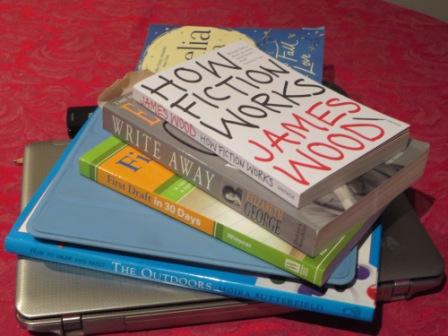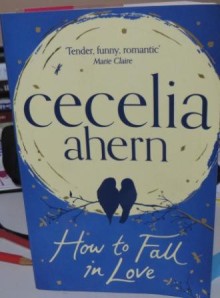Can Creative Writing be taught?
This question was recently raised at our local writers group, prompted by an article in the Australian newspaper (Fighting Words by Tegan Bennet Daylight, February 2014). The article posed that very question “Can creative writing be taught?”
My answer in a word is yes – of course it can (ok that was five words).
Tegan Bennet Daylight believes writing can be taught and says that writers are firstly readers, who have always wanted to write, as opposed to someone who has always wanted to be a writer (more about that later). And they will write and go on writing, even if their work never sees the light of day.
Bennet Daylight talked about university students who take on creative writing as an elective unit thinking it will be an easy, relaxing ride, but soon realize that the words they write start fighting back, reminding them about what tense they are writing in, sentence structure and telling rather than showing. At the end of term, many of those students will come away with a renewed respect for successful writers, understanding that writing is an on-going commitment to regular writing, editing and rewriting. She said good writing requires honesty without sugar coating the truth, skirting around the real issues with empty words, and furthermore, an astute reader will pick this.
My English lecturer at university used to say he could tell what type of material his students read by the way they wrote.
Best selling romantic fiction writer Cecelia Ahearn said she had wanted to write a book for ten years before she actually started writing. She said her sister used to tell her she was more interested in the idea of writing a book that actually writing it. “… if you really wanted to write, you just would, every day, by yourself, for yourself, whether it was a book or not”, she said. She added that a writer felt compelled to write, whether they had an idea or not, whether they had pen or paper or not. Their desire wasn’t determined by a specific pen brand or colour, or whether their latte had enough sugar in it or not.” These are distractions and obstacles to the creative writing process every time you sit down to write.
Writing is an individual thing and the insights and feelings of every person is unique. That can’t be taught. But the craft of writing can – that is the tools of trade if you like. Individual writers write fiction in one of two ways – that is they are a plotter or a pantser. A plotter is someone who has an idea, methodically arranges the order of their story before writing it. A pantser, on the other hand, (so called because they are writing by the seat of their pants) has no clear direction, just an idea, putting all the information, knowledge and insights down in no particular order, rearranging events as they go.
Not every writing student will write a best seller, but if attending writing classes helps a writer to be able to express themselves and their feelings and opinions, enabling them to leave a record, then it’s very worthwhile.
Acclaimed writer Elizabeth George distinguishes between art and craft, saying that, while you can’t teach passion (and she has her doubts about being able to teach discipline) the craft can be taught, demystifying the process of writing. Once you learn the craft of writing, the art of writing will come. Like anything, practice makes perfect.
In conclusion a quote by Elizabeth George: “Craft alone won’t make someone William Shakespeare or Jane Austen, but can and will serve as a guide, as the soil into which a budding writer can plant the seed of an idea, in order to nurture it into a story.”
Next week: I talk to international crime writer Felicity Young about her thoughts on – Can creative wrting be taught? Be sure and pop back to see what Fellicity’s thoughts are on the subject.


I think that the the craft of creative writing can be taught, but the spark and the voice are inherent in the writer’s make up and the sum of their experience and reading. I tend to agree that you can tell what someone is reading by the way they write, and I think it’s imperative not to read fiction when you are writing fiction for fear of imitating a writer’s style. Very interesting and well written post, thank you Ingrid.
Thanks for your comment Jo. Yes it’s an interesting topic.
Thanks for your inspiration with this post, Ingrid. When I’ve attended creative writing workshops before I’ve seen other people’s words flow efforlessly onto paper while I’m often stuck for where/how to start. As you say “practice, practice, practice”. I’ll look forward to next week’s post for more inspiration!
Thanks for your comment Catherine – yes the trick is just to start with whatever comes into your head – free flow – writing down the bones as it were – and edit later.